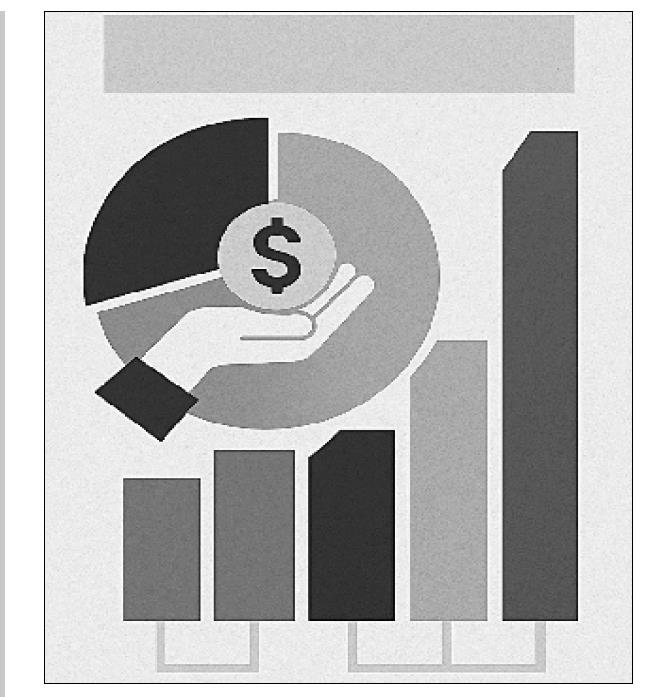NFC Award should target real progress
2025-09-18
THIS is with reference to the report `Fresh NFC formed with Aurangzeb as chairman` (Aug 23), according to which, the lith National Finance Commission (NFC) would recommend a new award for sharing federal divisible resources among the centre and the provinces.
The government is considering a new mechanism for the distribution of resources in the light of emerging realities. The real beneficiaries of the award can best be identified by examining the responsibilities and performance of the stakeholders.
The federal government carries the heaviest responsibilities in terms of expenditure. Its major obligations include debt servicing and defence spending.
Debt servicing alone consumes nearly 80 per cent of the federal share, while defence expenditure has consistently remained above 11pc of the federal budget since the announcement of the 7th NFC Award.
In addition, the federal government shoulders several other responsibilities, and often resorts to heavy borrowings to finance its expenditure. This growing burden has created a significant shortfall of funds, particularly for federal infrastructure projects. The centre is also responsible for financing transfers to Gilgit-Baltistan (GB) and Azad Jammu and Kashmir (AJK).
The consequences of these fiscal imbalances are evident. Several major projects, such as dams and flood protection schemes, have suffered delays. These delays are harmful in two ways: first, project costs continue to rise due to persistent inflation; and, second, Pakistan remains highly vulnerable to the devastating impacts of climate change.
In recent years, climate-related disasters have caused massive losses in terms of lives and livelihoods, and the inability of the federal government to allocate sufficient funds has compounded thesechallenges. Furthermore, throughout the post-7th NFC period, the federation has neverrecorded atrue overallbudget surplus, highlighting its persistent fiscal stress.
On the other hand, the provinces have faced far fewer financial pressures. They contribute little to tax collection, but continue to receive a substantial portion of resources from NFC transfers. Unlike the case in neighbouring India, where subnational governments also share responsibility for debt servicing and borrowings, the provinces in Pakistan are insulated from such liabilities. As a result, they usually post surpluses after the 7th NFC Award. However, the increased share attheir disposalhasnottranslatedinto enhanced development spending. Instead, the provinces have largely prioritised current expenditure over development expenditure, which limits long-term socioeconomic progress.
The evidence makes it abundantly clear that the federal government has faced persistent fiscal imbalances, while the provinces have been comparatively favoured under the existing arrangement.
The 7th NFC Award, though historic at its inception, has become outdated and is now causing structural issues in the national economy.
It is, therefore, imperative that the newly-constituted NFC focus on an appropriate revision of the distribution of resources, so that it may align financial responsibilities with the fiscal capacities.
Hasnain Mir Islamabad




